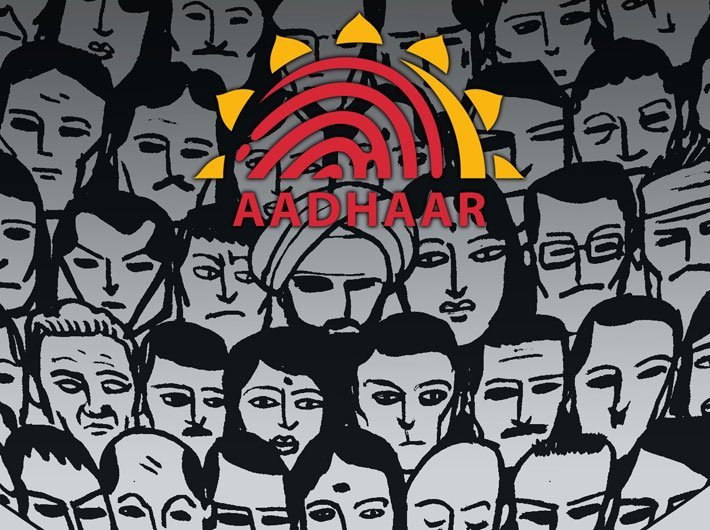Since Aadhaar is slotted as money bill, Rajya Sabha will have little say on this crucial legislation
Aadhaar is finally getting legal backing – after years of going on without it. The government has chosen to classify it as a money bill. So, it needs to be cleared only by the Lok Sabha, and the Rajya Sabha – where the government lacks numbers – will have no say.
This is, of course, a subterfuge to avoid the upper house and delays, and get on with the business of Aadhaar as soon as possible. In its first year, the Modi government had unleashed a blitzkrieg of ordinances, but then ordinances still needed to be cleared by parliament later. That is why the land acquisition amendment legislation was given up after three lapsed ordinances. Now, the Modi government has found a better way – the money bill.
READ: Eight things you must know about new Aadhaar legislation
But does Aadhaar fit the bill? Money bills are typically directly related to the finances of the government Article 110(1) of the constitution defines a money bill as one that deals only (only) with any of the following:
(a) Imposition, abolition, remission, alteration or regulation of any tax,
(b) Regulation of the borrowing of money or the giving of any guarantee by the Government of India, or the amendment of the law with respect to any financial obligations undertaken or to be undertaken by the Government of India,
(c) Custody of the Consolidated Fund or the Contingency Fund of India, the payment of moneys into or the withdrawal of moneys from any such fund,
(d) Appropriation of moneys out of the Consolidated Fund of India,
(e) Declaring of any expenditure to be expenditure charged on the Consolidated Fund of India or the increasing of the amount of any such expenditure,
(f) Receipt of money on account of the Consolidated Fund of India or the public account of India or the custody or issue of such money or the audit of the accounts of the Union or of a State; or
(g) Any matter incidental to any of the matters specified in sub-clauses (a) to (f).
The stress on “only” is well advised: the constituent assembly debated it and retained the word.
In other words, “Bills which exclusively contain provisions for imposition and abolition of taxes, for appropriation of moneys out of the Consolidated Fund, etc., are certified as Money Bills.”
In legalese, the Aadhaar legislation can be interpreted as a money bill by stretching any of the criteria, for example, by arguing that Aadhaar is aimed at saving subsidies and thus the bill relates to the criterion C – or even D, or F – above. Though that has not been the traditional interpretation (even the GST bill is not a money bill), there is little point in arguing for or against: when it comes to classifying money bills, the Lok Sabha speaker’s decision is final and it cannot be challenged.
By the way, the previous, ill-fated Aadhaar bill of the UPA vintage was not a money bill – and that is why it remained hanging, facing strictures from a parliamentary committee headed by Yashwant Sinha of BJP.
The latest version, as a money bill, cannot be referred to any committee. The Rajya Sabha cannot make any amendments to the version passed by the Lok Sabha though it can add recommendations, and it will have to return the bill in 14 days. And the president cannot return a money bill.
Thus, the Aadhaar law, which was stalled for years by BJP and objected to by BJP, is now being pushed in such a way that one of the two houses of parliament will not have any say on it, and it will be a law before the end of the month.

